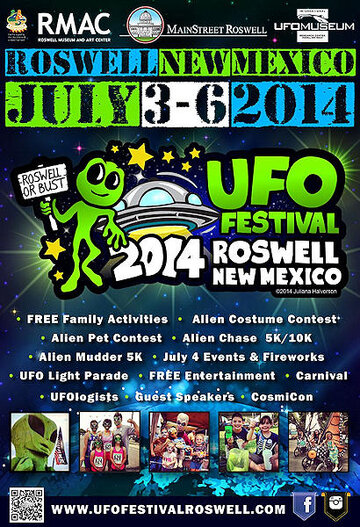DROBNJAK
Paranormal Adept
Then:
These are two diametrically opposed suggestions: if ufology is to be studied scientifically, then it's a science, not some branch of the humanities (which makes zero sense to me).
We're trying to understand advanced physical technology that operates in our airspace from time to time - that's a scientific issue, which merits proper scientific study (just like tornadoes, ball lightning, meteors, sprites, and everything else that happens in the atmosphere). For god's sake leave the philosophers and the contrarians and the shoe-gazers out of it. We know how to go about understanding anomalous physical enigmas, and the AATIP went about it properly, as far as I can tell from what little we've heard so far: data collection and analysis, and even trace evidence analysis whenever possible. That's how to define the parameters of the subject, and begin to formulate viable phenomenological explanations. Once we've scientifically established that we are in fact being visited by alien devices, and have a theoretical understanding of the physics involved, then the philosophers and sociologists and psychologists and historians can write about the meaning of it all until the cow's come home. But for now, when the proper scientific methodology has yet to be applied, and reached an analytical conclusion, all those folks are doing is muddying the water and making the whole topic so unsavory and contentious that the scientific community is mostly appalled with the whole subject. Right now ufology is its own worst enemy.
I think the right way to go about this would be the formation of new and reputable scientific journal dedicated to this topic, so that quality scientific analyses can be peer-reviewed and published just like any other scientific subject. There's an Astrobiology journal; there needs to be an Astrotechnology journal, or something along those lines, for the study of advanced technology in our skies.
The major problem with this is simple: we don't have access to the technology required to study this subject, and therefore, scientists can't analyze it effectively. That's why I favor the crowd-funded national passive radar network concept - it would be the first scientific technology that can actually collect precise publicly available data on anomalous events in the sky, and scientists could analyze that data and write papers about their findings. And perhaps we could launch a network of CubeSats to collect additional data in other spectra. But the thing that would really put us on target for settling the issue, requires a small fleet of custom-outfitted jet interceptors armed to the gills with a wide array of scientific instrumentation, so that in those rare cases like the Nimitz case, we could get up there and collect volumes of diverse precision data from these objects at a minimum distance. Unfortunately I can only see the military as the right partner for a project like that, and I think it would take a Congressional order to get them on board with it. In theory, that shouldn't be a big deal. But in practice, Congress hasn't represented the will of the American people for decades, if ever.
Yeah, that sounds more like $10M - $20M in funding. Covering whole country size of US with passive radars and other sensors. Its question weather passive radars work in remote areas, because there is no EM transmitters there. And we all know how much UFOs like to turn up deep in woods and mountains.
Besides, rightfully so, US military would want to keep tabs on this project, because effectively, this project would monitor all the airspace traffic inside US and make data publicly available. Chinese and Russians would laugh their heads off because project would do all their work for them, scot-free.
Last edited:

 .
.

 .
.